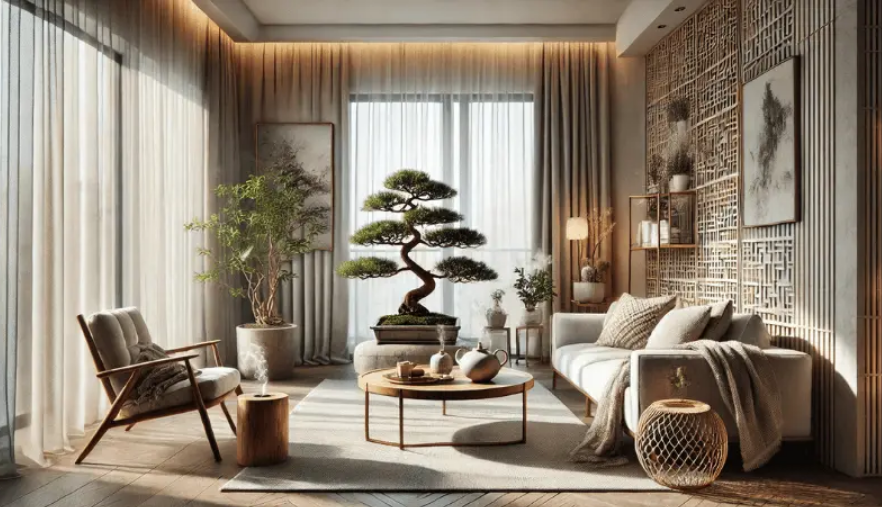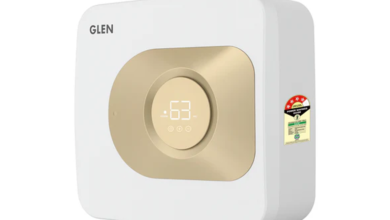
Micro-Spatial Feng Shui: Arranging Corner Spaces for Psychological Comfort in Small Apartments
In small apartments, every square meter counts. Yet corners often end up as storage zones, shadowed and ignored. Micro-spatial feng shui studies small spaces and how they make you feel calm, comfortable, and focused. Some of the games at the Online Casino in Australia use micro spatial feng shui concepts to make sure the players are having a good time.
The Psychology of Corners
Corners influence our feelings more than we realize. Shadows, dust, and messy things can make a space feel tense or scary. Sharp corners and dark spots make a room feel small or uneasy. Soft light, round furniture, or a small plant can make it feel calm. Changing the appearance of a corner alters how your mind perceives it.
The Energy of Overlooked Spaces
Feng shui says corners collect energy. If energy gets stuck, you may feel tense or distracted. Clutter or crowded furniture can block it. Moving things or opening space helps energy flow. You feel calmer at home.
Reclaiming the Forgotten Corners
Think of every corner as an opportunity. A bare one can hold a standing lamp to lift the mood. A reading nook with soft textures can give a sense of retreat. Even hanging a small mirror or a circular shelf breaks stiffness and adds flow. Don’t leave corners empty—use them. When every part of your room has a purpose, it feels calmer.
Design Tweaks for Emotional Balance
If anxiety peaks in your home, look at the layout. Are corners blocked by stacks of boxes or random décor? Rearranging them can reduce subconscious stress. Adding warm light, woven materials, or natural colors softens hard edges. Skip tall, dark furniture in corners. Pick low, curved pieces instead. These small changes make your space feel calmer.
Corners as Quiet Zones
Every person needs a private pocket within a busy home. Corners are perfect for that. A floor cushion, a candle, or a small water feature can make it your still point. Micro-spatial feng shui encourages this kind of corner meditation. Over time, that small spot becomes your body’s signal for rest and release.
Lighting That Calms the Mind
Light is the most powerful mood shaper. Corners often lack it, which sends cues of neglect to your brain. Try layering soft light instead of one strong bulb. A dim lamp paired with a warm-toned LED can mimic sunset calm. Some people even place salt lamps or amber bulbs in corners to neutralize harsh shadows. These simple lights help the mind slow down after long days.
How Clutter Affects Flow
Cluttered corners can drain energy. They draw the eye and overload your attention, even if you don’t consciously notice it. Feng shui teaches that physical clutter blocks mental flow. Clearing corners regularly is like clearing your thoughts. Try giving each corner a monthly “refresh”—remove unused items, wipe down dust, maybe rearrange one object. That movement resets both the space and your state of mind.
The Shape of Calm
Shape has meaning. Rounded forms invite comfort, while sharp angles suggest tension. If your corners feel harsh, soften them. A curved table edge, an oval rug, or a cascading plant adds visual ease. In micro-spatial feng shui, the goal is to reduce psychological “edges.” You want your eyes and mind to move easily. Smooth spaces help your mind feel relaxed.
The Sound of Stillness
Sound also moves through space, and corners can distort it. If you live in an apartment with echoing walls, corners may amplify stress instead of calm. Adding fabric, rugs, or hanging art helps absorb noise. A quiet corner absorbs energy instead of bouncing it back. Even a small fountain or soft music speaker can redefine a corner’s atmosphere through gentle sound.
Breathing Spaces, Breathing Minds
Our minds mirror our environments. When your room feels tight, your thoughts often follow. Micro-spatial feng shui invites breathing space into overlooked corners. A single open area beside a window, a bare wall with clean lines, or even a hanging plant creates visual breathing room. In tiny apartments, such open corners can make the entire place feel more spacious and emotionally free.




